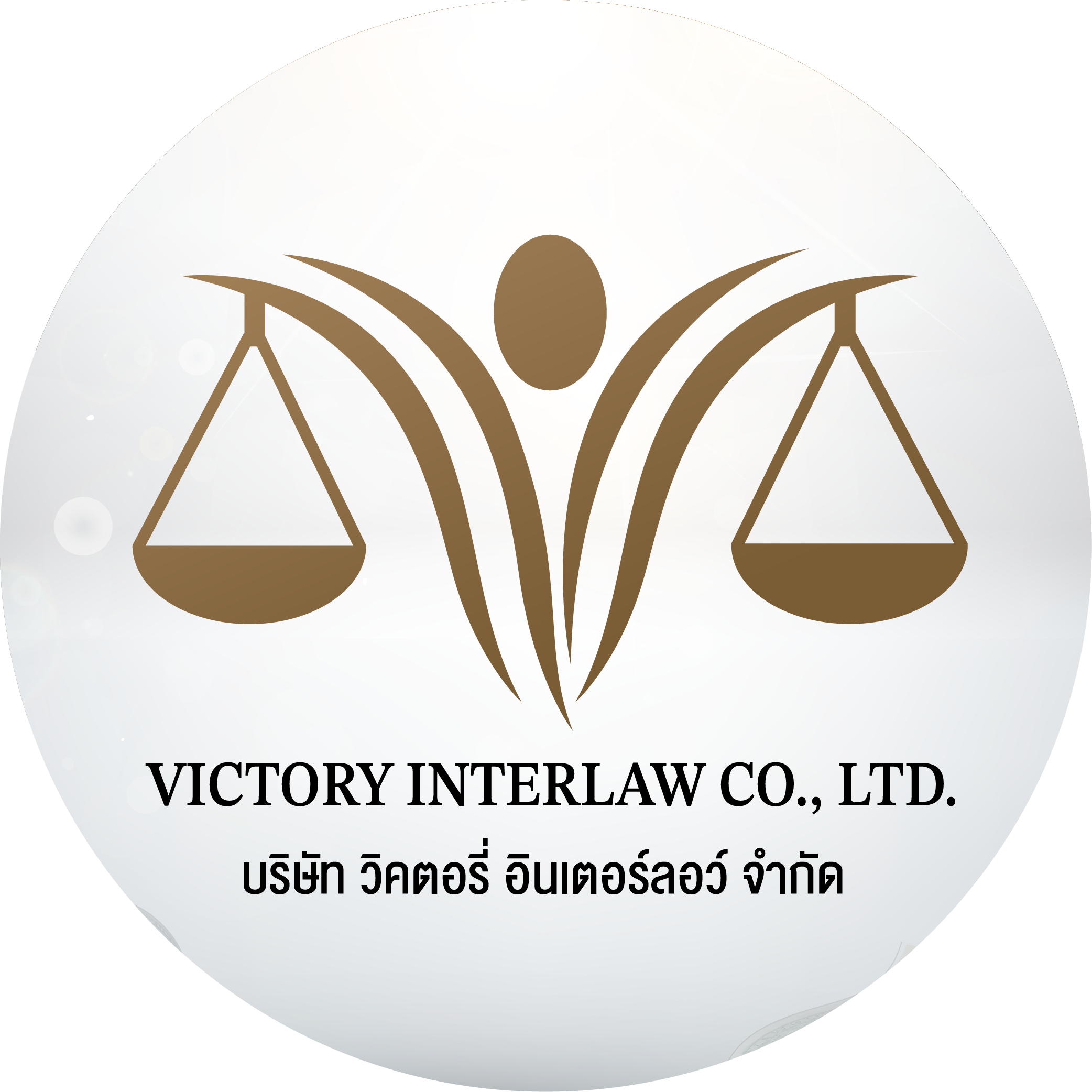What is Company Dissolution?
Company dissolution refers to the legal process of terminating a company’s existence as a legal entity. In Thailand, this process involves several steps and legal requirements to ensure compliance with local laws and regulations.
Reasons for Company Dissolution
1. Voluntary Dissolution
Voluntary dissolution occurs when the shareholders or board of directors of a company decide to terminate its operations. This can happen for various reasons:
- Expiration of Duration: If the company was established for a specific period, dissolution occurs upon expiration.
- Eventual Losses: In cases where the company is unable to pay its debts or fulfill its obligations, shareholders may opt for dissolution.
- Strategic Decision: Shareholders may choose dissolution as part of a strategic business decision.
2. Involuntary Dissolution
Involuntary dissolution may occur due to legal or regulatory reasons:
- Court Order: Issued in cases of serious misconduct, legal violations, or failure to comply with regulatory requirements.
- Bankruptcy: If the company is declared bankrupt by the court due to insolvency or inability to pay debts.
- Regulatory Non-compliance: Failure to maintain necessary licenses or permits required for operation.
Steps for Company Dissolution
1. Board Resolution
The first step in voluntary dissolution is to convene a board meeting and pass a resolution to dissolve the company. If required by the company’s Articles of Association or shareholder agreement, approval from shareholders may also be necessary.
2. Liquidation Process
After the resolution for dissolution is passed, the company enters the liquidation phase:
- Appointment of Liquidator: A liquidator is appointed to oversee the company’s affairs during the dissolution process.
- Assets and Liabilities: Identification and assessment of company assets and liabilities.
- Debt Settlement: Liquidation of assets to settle debts and liabilities.
- Tax Clearance: Obtaining tax clearance from relevant authorities.
3. Filing Dissolution Documents
Once the liquidation process is completed, dissolution documents must be prepared and submitted to the Ministry of Commerce:
- Document Preparation: Drafting and compiling necessary dissolution documents, including board and shareholder resolutions.
- Public Announcement: Publishing a notice of dissolution in a local newspaper, as required by Thai law.
4. Clearance and Finalization
To finalize the dissolution, several clearances and approvals are required:
- Clearance Certificates: Obtaining clearance certificates from tax authorities, creditors, and other relevant agencies.
- Final Approval: Upon completion of all requirements, receiving final approval from the Ministry of Commerce.
Victory InterLaw’s Role in Company Dissolution
Victory InterLaw provides comprehensive support throughout the company dissolution process:
- Legal Consultation: Expert advice on dissolution procedures, legal requirements, and implications.
- Document Preparation: Drafting and preparing necessary dissolution documents, resolutions, and notices.
- Liquidation Assistance: Assisting in the liquidation of assets and settlement of liabilities.
- Regulatory Compliance: Ensuring compliance with all regulatory and tax requirements.
- Post-Dissolution Support: Handling final deregistration and closure formalities with government authorities.
Why Choose Victory InterLaw?
- Expertise: Extensive experience in Thai corporate law and dissolution procedures.
- Efficiency: Streamlined processes to expedite company dissolution while minimizing legal risks.
- Customized Solutions: Tailored strategies to meet the specific needs and circumstances of each client.
Contact Victory InterLaw Today
Explore how Victory InterLaw can assist your company in the dissolution process in Thailand. Contact us now to schedule a consultation and ensure a smooth and compliant dissolution of your business entity.



